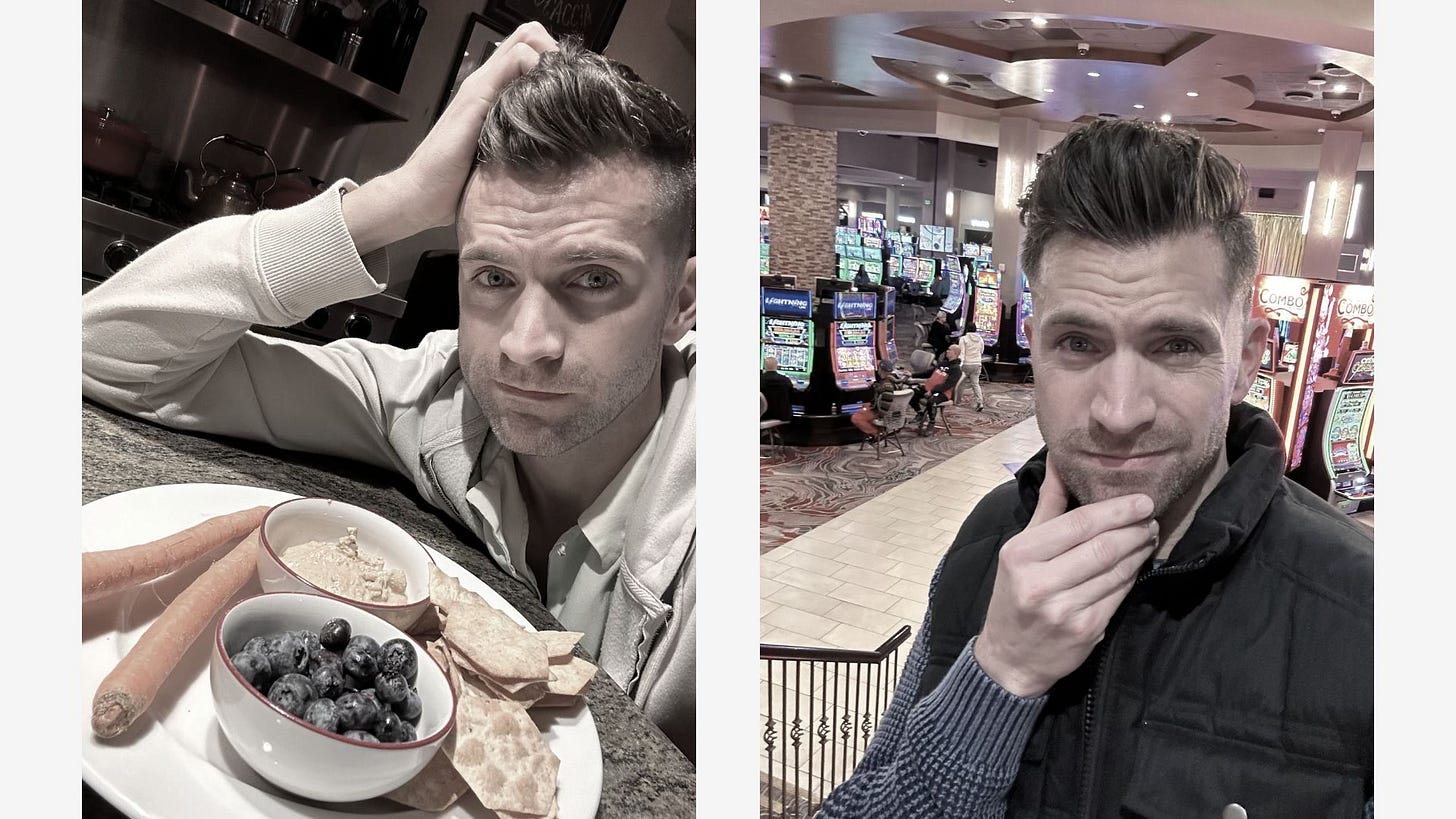They Say the "Firsts" are the Worst
The first time you do a thing (after a great loss such as death or divorce) is unexpectedly destabilizing.
They say the Firsts are the worst.
After great loss and during deep grief, as you slowly begin engaging with your life again, there come these moments when you do something—could be as mundane as a load of laundry or as significant as celebrating Christmas—something you’ve done a million times before but always… always with them. And now it’s just you.
They say the Firsts are the worst.
On the conscious level you have years of stories, entire storage containers filled with memories of each time you did that one thing. You remember where you were and how it smelled. You recall straining to reenact how you did it the time before so that you could repeat precious rituals. Rituals that would become traditions. Traditions that would become the norm.
On the subconscious level, each time you did a thing again and again your body banked the memories in your central nervous system… without consent. It just, happens. It’s part of how your brain knows how to keep you alive. It’s brilliant like that. It creates these little shortcuts and generalizations and categories, all in an effort to reduce how much brain power it takes you to comprehend the next thing. It’s efficient, the brain. It’s why you can drive your car down the freeway and sometimes realize that you hadn’t really been paying attention the last few minutes, and yet also, you were, because your brain was handling millions of micro decisions for you. So your body stores all this information in ways that let you not have to think about it.
Sometimes in trauma work we can get bummed out that our brains do this because this is also how trauma gets stored in our body. This might lead us to feel low-key resentful for how the brain and body work—as if it should know better than to keep perishable items in the pantry for years. But truly, it’s just doing what it’s been programmed to do: keep you alive in the only ways it knows how. So it stores data, tucks it away, lets most of it run in the background. And for the most part this is fine. We don’t really think about it (that’s the point).
Until suddenly we do something, something that had been established over the course of years through rituals and traditions, something that had its own neat little folder stored in our memory reserves deep in the vault of our nervous system, and yet this time it’s different… this time it’s novel… and novelty snaps the brain out of auto mode. Instead of keeping you alive by running these nice, minimal-effort-required programs in the background, suddenly all hands are on deck to deal with this new perceived threat.
They say the Firsts are the worst.
The first time you do a thing alone after enduring loss (through death or divorce or some other kind of separation) it shocks you like a defib to the heart, but not the literal blood-pumping heart, the metaphorical here’s-where-I-store-all-my-feelings heart.




